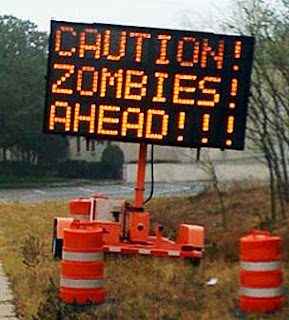2012-10-24: NFL Power Rankings Week 8

After running the R script for the week 8 rankings, the first thing that struck my mind was the disparity in the size of the nodes between the AFC on the left side of our graph and the NFC on the right side. Two weeks ago we wrote that the NFC West has been dominant so far this year. The NFC West has the best combined record and their aggregate point differential puts others to shame. However it is not just the West division but the entire NFC conference has dominated and out-performed the AFC conference at every turn. CBS Sports rates the NFC as head and shoulders above the AFC this year. Our ranking system is based on Google's PageRank algorithm. It is explained in some detail in past posts . A directed graph is created to represent the current years season. Each team is represented by a node in the graph. For every game played a directed edge is created from the loser pointing to the winner and it is weighted by the Margin of Victory. In the Pagerank model

